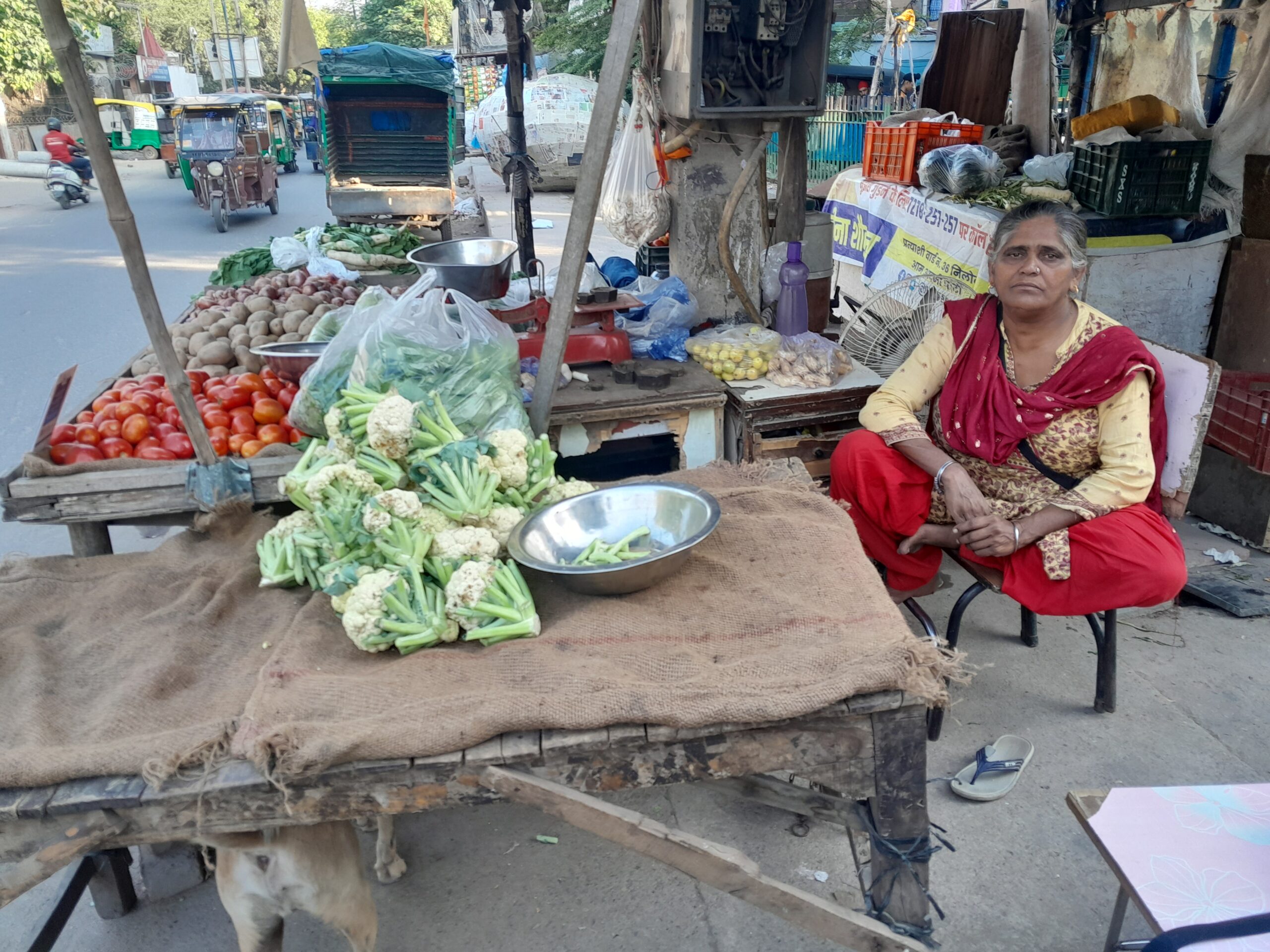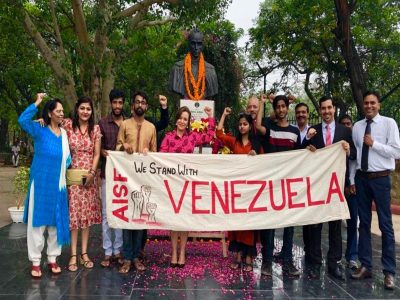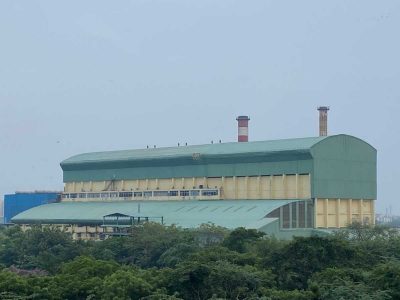Pappy Kaur, then 15, was living happily with her parents and eight siblings in east Delhi’s Trilokpuri area.
But November 1, 1984, the day after Prime Minister Indira Gandhi was killed, changed her world which came crashing down.
“Ek tareekh ko hamari duniya hi ujad gayi thee (Our world was uprooted on the first of November). We did not expect this type of horror. Everything was ruined. I lost 10 people in these riots, including father, brothers and uncle,” Pappy, now 54, told Patriot while wiping her tears with a dupatta.
Pappy now lives, along with hundreds of other women, in the ‘Widow Colony’ in south-west Delhi’s Tilak Vihar. The area was allotted by the government to the victims of 1984 anti-Sikh riots.
“For three days, we wandered here and there to protect ourselves. On November 3, the military rescued us from near the Farsh Bazar Thana. We were given flats. Here we wash dishes at different homes to survive,” she recalled those days of horror while sobbing.
During the 1984 anti-Sikh pogrom, Trilokpuri was among the worst-hit areas that left hundreds of people dead. Over 3,000 innocent Sikhs were brutally killed in Delhi by mob in a reaction against the killing of Prime Minister Indira Gandhi.
“Thirty nine years after the riots, the wound is still fresh in our minds. A family destroyed once can never recover again. We will attend the hearing in the CBI court; the next hearing is in November. There has been no justice even after 39 years,” said Pappy, who runs a vegetable and fruit shop on the gate of the colony and lives with four children and husband.
Over the last 39 years, different governments have failed to prosecute the goons responsible for the killings and riots.
Just 10 metres inside from the entrance of the Widow Colony, 63-year-old Vanti Kaur is sitting outside her small parchoon (grocery) shop.
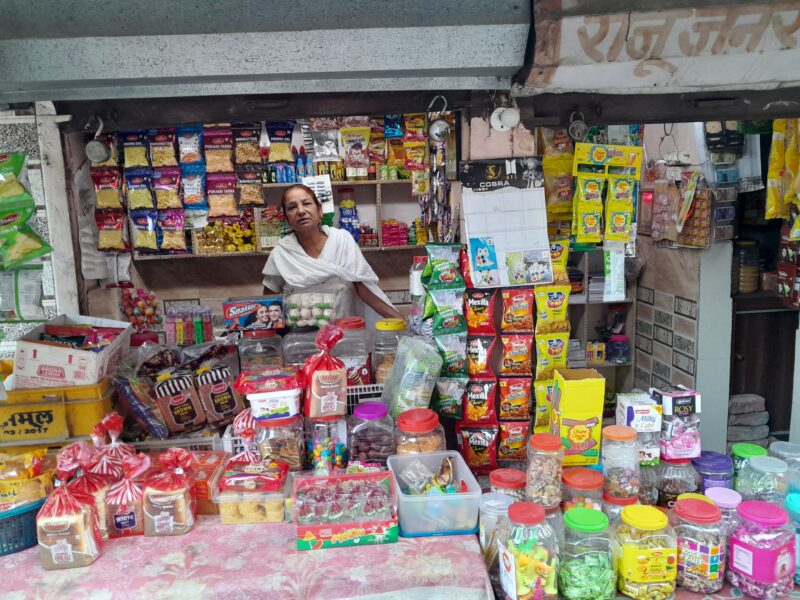
“All the male members in our family were killed. They did not even leave the children. My husband, three brothers, three brothers-in-law, and other relatives were brutally killed in front of us. My brothers were killed with burning tyres. I can’t recount all of that,” she told Patriot, before breaking down.
Efforts of resistance and even pleading did not bear results.
“When we tried to save them, they stopped and misbehaved, tearing our clothes, and sexually harassing us. My arm was twisted. I converted my boys into girls. I changed their shirts into frocks and made two braids on their head. I managed to save two boys,” said Vanti, who was 25 then. The marks of injuries on her head and cheek are still visible.
Congress party workers had allegedly instigated the mobs in several areas.
Leaders Sajjan Kumar and Jagdish Tytler, are facing trial for murder and instigating violence in several riot-related cases.
The victims told Patriot that the politicians were provoking the mobs.
“We will never forget the incident. People who knew us were killing us. Even dogs were dreading the dead bodies. Our children also couldn’t study after it. There is no justice,” Vanti said in grief.
The colony looks like any other at first sight except that there are many painful stories to be told about the riots.
Kuldeep Kaur, 71, is also one of those who suffered. Her body has become weak but the horror-filled days are like recent and she is still fighting the memories. She lost her husband in the pogrom in Nangloi area.
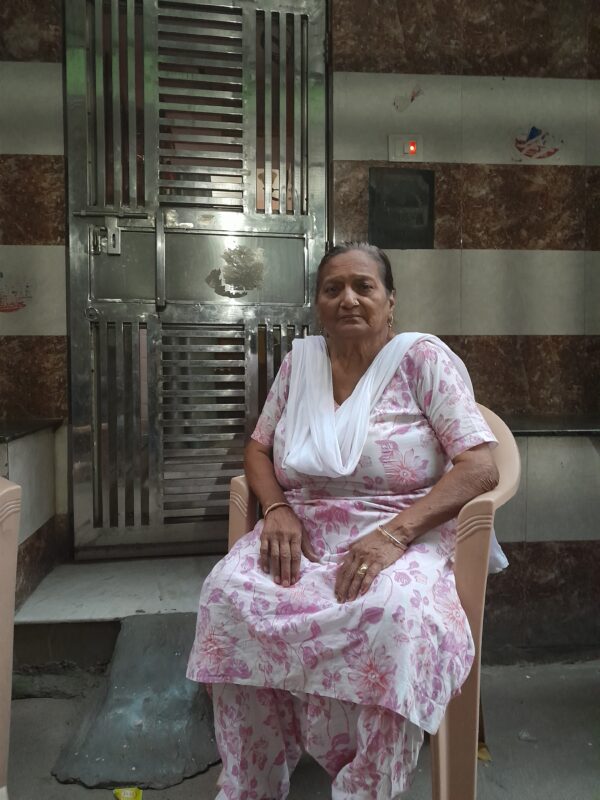
“Today only, the police came to my house and told me that our case is being reopened. I had filed a case and some people were also arrested in 1998 before being acquitted later,” she told Patriot.
With tears in her eyes, she explained, “My husband used to drive an auto-rickshaw for a living. When the goons beat him, I fell over him to protect him but they misbehaved with me and killed him and burned the house with kerosene. I couldn’t even get his dead body. Kuchh bhi nahi bacha tha (Nothing was left of him).”
The native of Amritsar further said, “My one son hid in cattle fodder while the other fled to brother-in-law’s home. We (women) wept here in the colony. Our children couldn’t study because they couldn’t come to terms with the horror.”
Kuldeep had to work hard for survival after the death of her husband.
“How much of struggle I had to do after the riots, only I know. I worked hard to revive life. Gurudwara Sis Ganj gave us a pension of 250 rupees per month and we got some government compensation too but we couldn’t get justice,” said Kuldeep, who lives with her younger son.
The story of Laxmi Kaur is almost the same. She also lost her husband, who was a Gyaani in the gurudwara in Sultanpuri area.
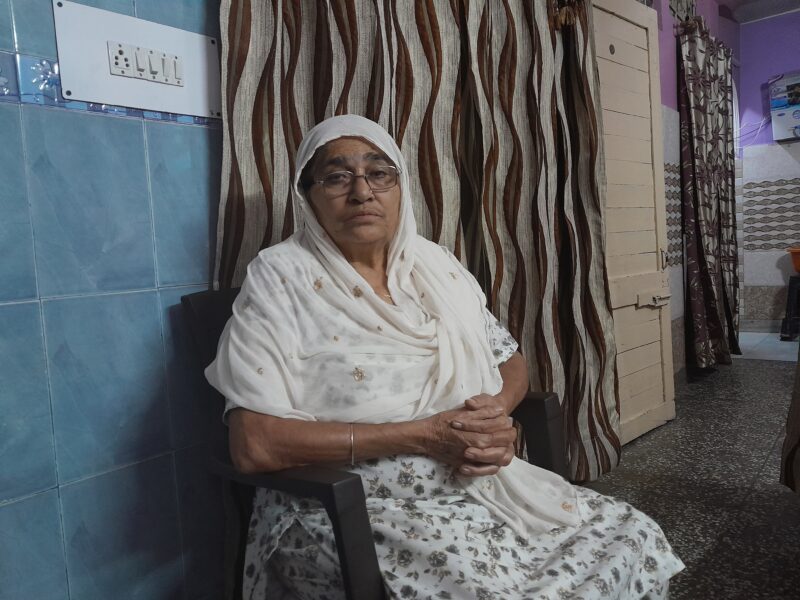
“Hamaare saath itna zulm kiya, lekin koi insaaf nahi mila (We faced so much cruelty but could not get any justice). They played khoon ki holi (baying for our blood) for three days and three nights,” she told Patriot with uncontrollable tears.
“I can’t even count how many family members I lost, including husband, brother-in-law, and relatives. They burnt them (family members) like we had never seen before. I couldn’t even see my husband’s face the last time,” she painfully explained.
The conversation had to stop as she wept inconsolably.
“There was open massacre. Father, brother all were burning. Even if we would have gone to save the victims, we saw the police involved and couldn’t. They even cut the wire connecting the telephone line. All the people killed were daily-wage workers. They ruined our homes,” she said.
Though the government gave the widows a grade ‘D’ job in schools and offices along with compensation, it was still not enough to recover the shattered lives.
“In 1986, I got Rs 10,000 in compensation twice and the government gave me a peon’s job in school, from where I retired in 2011. But my children couldn’t succeed due to the psychological impact the dark memories had on their minds. Survival has been tougher after Covid,” added Laxmi, who is still awaiting justice.
A picture of her husband hangs outside the room.
“We have been wandering for justice until now. The court should hang the culprits or at least give them life sentence. We have lost faith in judiciary, but we know there is Upar wala (God) and we are banking on him,” she said disappointedly.
Bhagi Kaur, now 69, lost 11 members of her family in the riots. A native of Rajasthan, Bhagi’s difficulties kept increasing after riots.
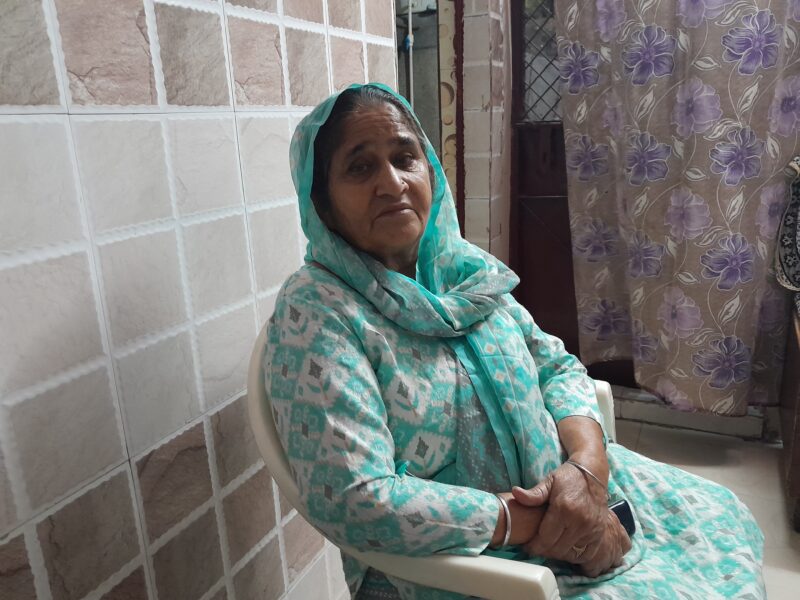
Her father-in-law’s family also did not support her after her husband’s death. The son, who she barely managed to save in the riots, died by suicide about a decade ago.
“My husband, who worked as a coolie in Delhi, was killed near the Mayur Vihar naala (drain) when we were trying to escape. I saved my two sons by converting them into girls. We left our residence in a drove,” she explained in grief.
Bhagi now lives with her son who works as a part-time chowkidaar (watchman) nearby. Her pension is the main source of survival for the family.
“I cleaned utensils in homes, and worked as labour to survive here. After a while, I got a grade ‘D’ job in a school from the government, where I would serve water among other things. I have retired now.”
“We have been running from court to court for 40 years. They (the culprit) influenced many eyewitnesses through money. We don’t know when justice will be handed to us. But we will fight until our last breath,” she concluded.
Lawyer Speaks
Lawyer HS Phoolka, who is handling cases of 1984 riot victims, said, “There are certain things which should not be stopped just by the passage of time. The culprits [in this case] are very powerful and they want to terrorise and tire the victims so that they can be acquitted. Progress in the case is absolutely necessary not only for the justice of the victims but for upholding the law in the country. Culprits of this heinous crime should be punished.”
Phoolka added further on the delay, “It was a planned strategy because whoever killed the victims was in power for a long time. So, they tried to save the culprits by morphing cases. Also, the other governments didn’t do as much as we expected and they could have.”
On whether justice will be done in these cases, Phoolka said, “We are trying to make an effort. A powerful man Sajjan Kumar got life imprisonment after three decades, while some other cases are also in the court. The government provided compensation and jobs to victims but it was not enough and very little.”

